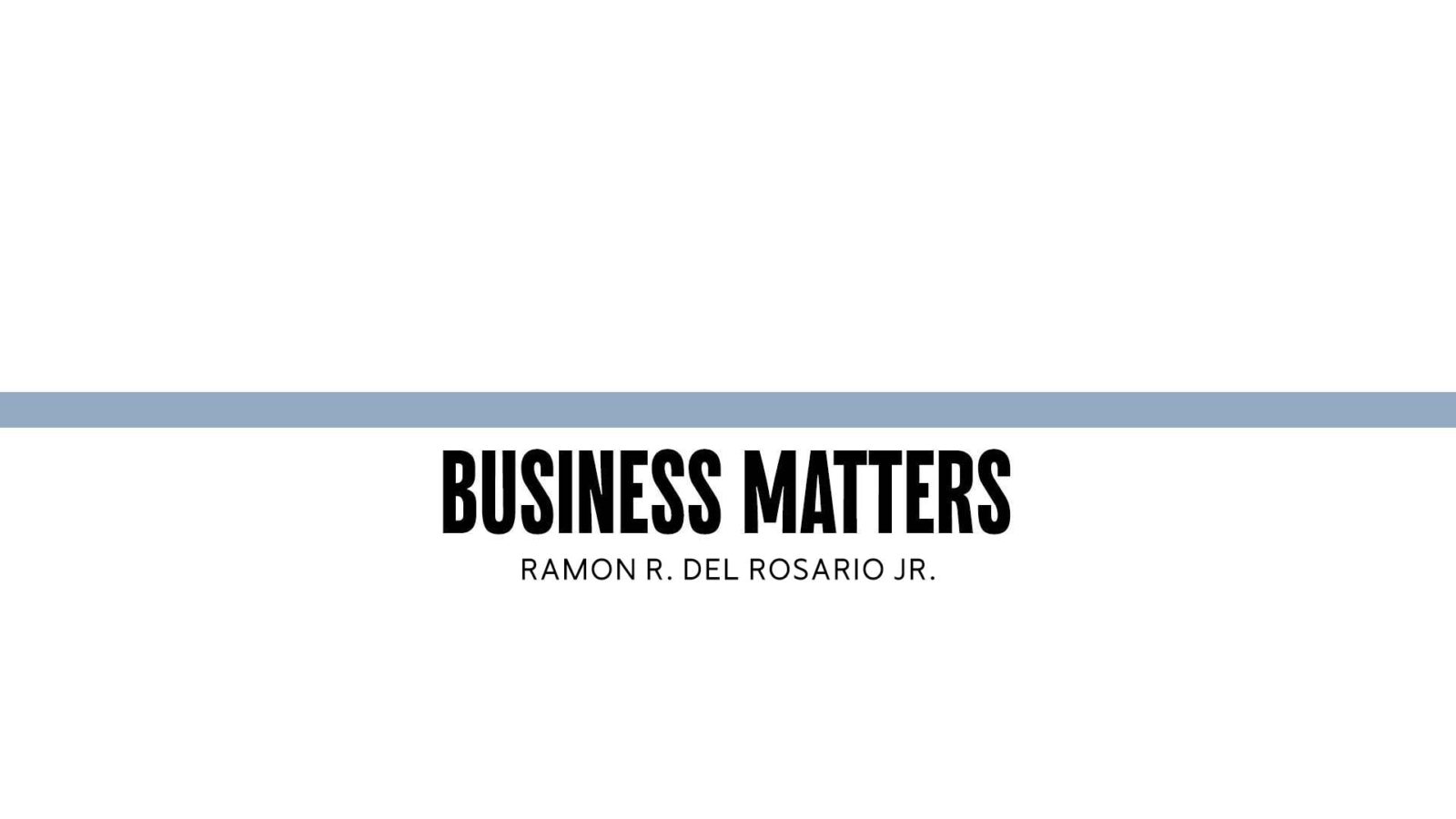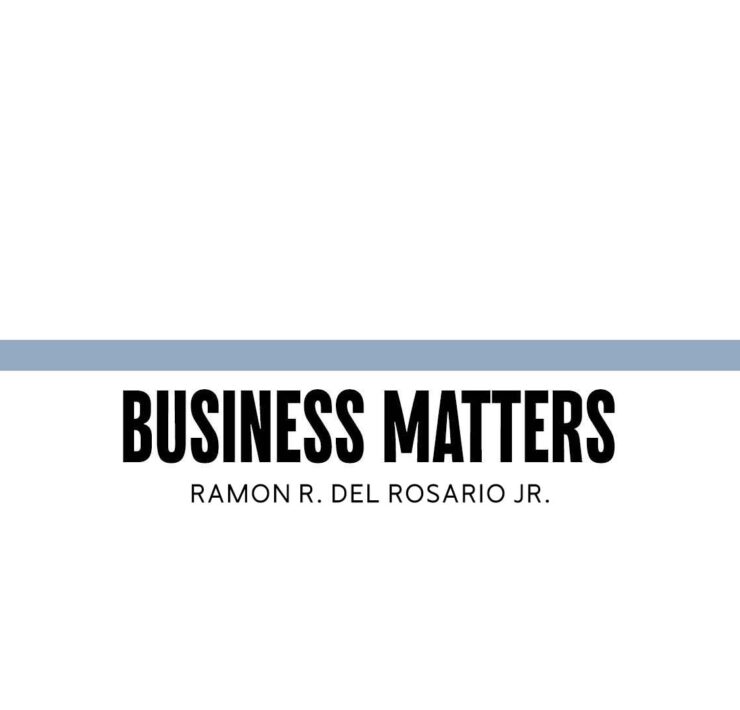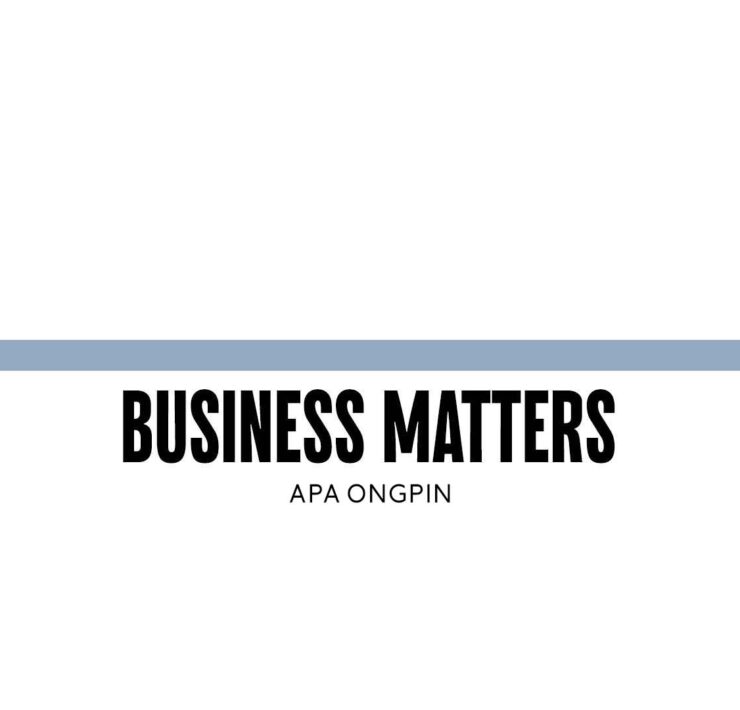Turning the tide on flood control scandal

The recent scandal over flood control projects has rightfully generated public outrage. It is painful to see taxpayer money squandered and trust in public institutions eroded. Yet, in the middle of the anger, we must not lose sight of a basic truth. Our country does need flood mitigation projects. With stronger typhoons and heavier rain brought by climate change, flood protection is not optional. It is essential.
The real issue is how these projects are planned and carried out. For too long, flood control has meant simply dredging out and pouring concrete into rivers and esteros. This is a narrow approach that often creates more problems than it solves. What we need is flood management that is based on science and guided by integrated water resource planning. The Philippines has 18 major river basins. These basins should form the natural framework for any serious flood program, combining infrastructure with reforestation, watershed restoration, and other nature-based solutions.
This is why I welcome the direction being set by Public Works and Highways Secretary Vince Dizon. The emphasis on basin management and science-based solutions is encouraging, and it suggests a shift away from the short-sighted practices of the past. Still, what will matter most is how these plans are translated into actual projects on the ground. If carried out faithfully, they could mark a meaningful step forward.
Civil society has also made an important contribution. The People’s Budget Coalition, which brought together 121 organizations and 180 individuals, has called for systemic reforms that go beyond any single scandal. Their proposals point to practical steps. First, convene an independent review committee of scientists, civil society, and communities to ensure that future projects are the right ones at the right cost and quality. Second, make the budget process open and transparent, with citizens able to track projects from proposal to completion. Third, provide full public access to documents so that citizen monitoring is real and not token. Finally, hold accountable and punish those who profited from anomalous projects, from contractors to officials.
What gives me hope is that these ideas are not abstract. They have been applied in other countries, with citizens empowered to monitor projects in real time, and with technology making transparency easier.
For this to succeed, however, citizens cannot be passive. Oversight cannot be left only to government agencies. Communities must organize to watch how projects are bid out and implemented, even at the barangay level. Civil society, media, and the private sector must play their part as well. Corruption thrives in darkness. It is discouraged when everyone is watching.
If science guides the planning, if transparency defines the budget process, and if citizens act as watchdogs, then we can break free from the cycle of waste and abuse that has marked our flood control efforts in the past.
This scandal should not end in resignation or cynicism. It should be remembered as a turning point. We must replace a system that rewards corruption with one that rewards integrity and competence. With the right leadership, genuine participation, and vigilance from all of us, we can turn the tide.
Business leaders, in particular, have a critical role to play. The private sector is not only a taxpayer but also a stakeholder in resilient communities and stable markets. Business can lend its voice to demand transparency in procurement, support civil society in its watchdog efforts, and refuse to partner with contractors or officials of questionable integrity.
In fact, the business sector—working through highly reputable organizations like the Management Association of the Philippines, the Makati Business Club, and the Financial Executives Institute—is uniquely positioned to build coalitions that bridge government and civil society. When companies join calls for clean procurement and project transparency, it sends a clear signal that integrity is good economics.
Ultimately, this is not just about concrete and canals. It is about the kind of nation we want to be. Do we accept a culture where corruption undermines safety and development, or do we demand a system that protects both lives and livelihoods with honesty and foresight? The answer lies in our collective will. Each citizen who speaks up, each community that monitors projects, and each business leader who insists on integrity brings us closer to a Philippines where flood control is not a scandal, but a symbol of responsible governance.
—————-
Ramon del Rosario is former chair and current trustee of the Makati Business Club. He also co-chairs the Phinma-DLSU Center for Business and Society, which advocates that business should be a force for good.
—————-
Business Matters is a project of the Makati Business Club (makatibusinessclub@mbc.com.ph).





















